Book a free 15-minute consultation. We’ll help you understand what may be causing the pain and provide the guidance you need to get you back to your best.
"*" indicates required fields
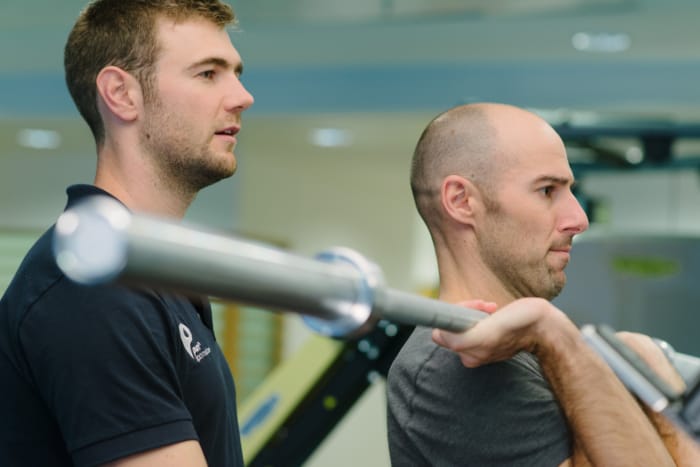
Exercise is known as the wonder drug; it can have a bigger impact than medication on altering the signs and symptoms associated with many long-term diseases and conditions.


However, in most cases, that’s the opposite of what you should do as exercise really is medicine.
As a result, we have built a range of customised services, information and resources led by our team of Consultants and Clinical Exercise Physiologists to help ease, manage and alter your symptoms, available across our London clinics.
Speak to our team today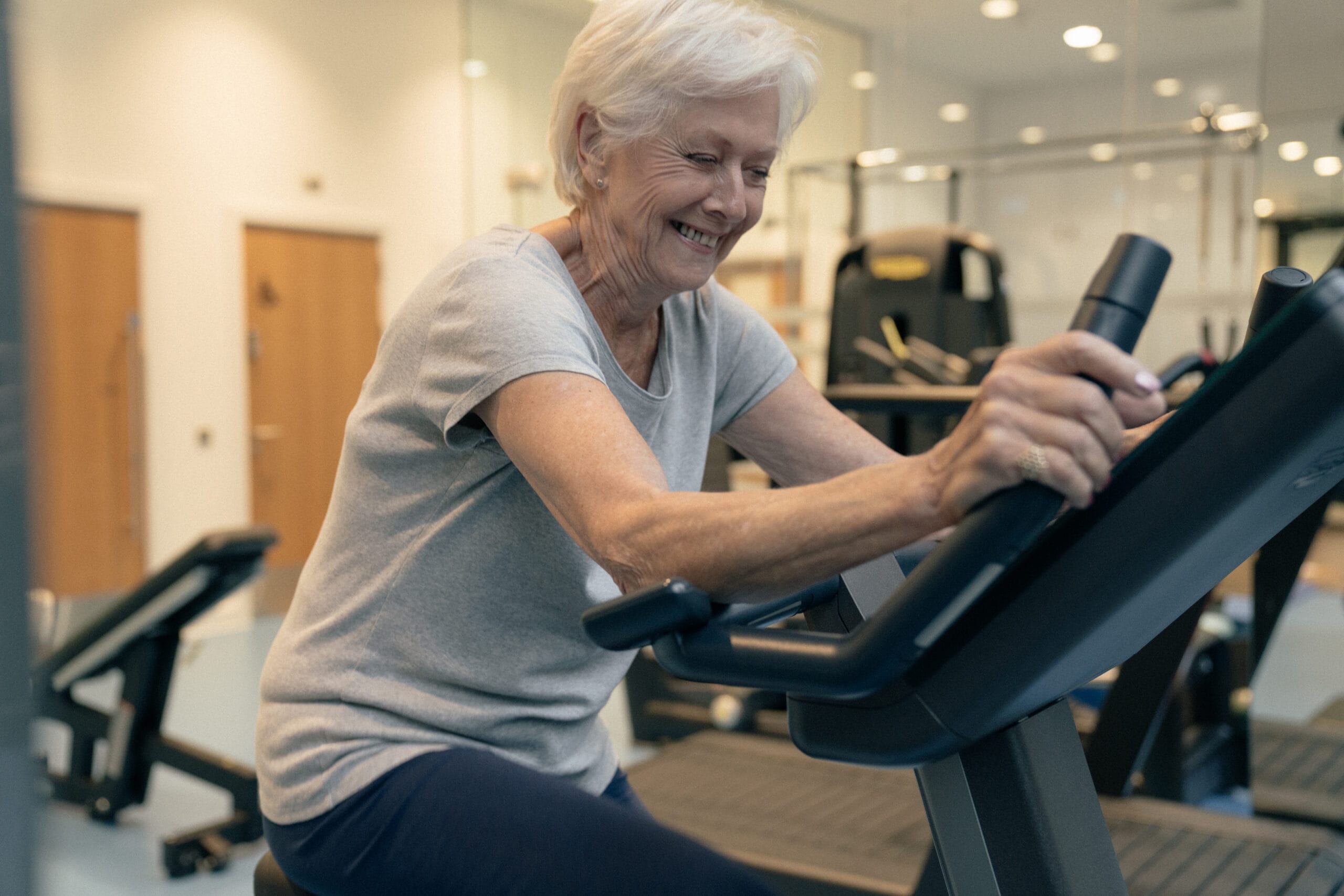
It is well-researched that there are many benefits to exercise. Not only can it lead to a healthy and happy lifestyle, it can also prevent and manage disease whilst assisting active ageing. Exercise is known primarily for strengthening the body, and the stronger we are the better equipped we are to deal with whatever life throws at us.
If you find yourself dealing with a chronic condition or illness, exercise has the power to ease and manage the symptoms to allow a better quality of life. This is what we mean by ‘exercise is medicine’.
Quite simply, everyone! Whether you’re suffering from a chronic illness or not, regular, focused exercise has numerous benefits. Whether you have a clear purpose for exercise such as preparing for an event or improving your health and maintain strength to help with everyday life, our team of experts can help.
Starting with a correct diagnosis and clear understanding of your condition, our Exercise Physiologists and Strength & Conditioning coaches will prescribe a tailored approach specifically for you and guide you through it step-by-step.
You can choose to train independently and have a regular review at intervals agreed with your clinician, or have more regular sessions with closely monitored exercise in-clinic. Ultimately, we will provide the guidance required to choose the path that works for you.
Exercise Physiology is the practice of applying focused methods of exercise to prevent or manage acute, sub-acute or chronic disease or injury, and assist in restoring optimal physical function, health or wellness. This is combined with education, advice and support, and lifestyle modification with a strong focus on achieving behavioural change.
An Exercise Physiologist can help anyone who has a long-term health condition or may be prone to developing one, as well as supporting active ageing. Unfortunately, this type of service is not well supported within the NHS and most people are simply put on medication. The benefits of dietary and exercise interventions are well-researched and allow people living with sub-optimal health to thrive rather than just survive.
Chronic diseases are also often referred to as ‘long-term health conditions’ or ‘lifestyle diseases’. They include conditions such as Type 2 Diabetes, Osteoporosis, Arthritis (both Osteoarthritis and Rheumatoid Arthritis), Heart Disease including high blood pressure and high cholesterol, Metabolic Syndrome, Cancer, Asthma and mental health conditions. These conditions are becoming more common and cause long-term deteriorations in peoples’ quality of life with associated social and economic consequences. Commonly, they are managed with medication, but there is overwhelming evidence that both diet and exercise can have a bigger influence on managing and even reversing the effects of many of these conditions, improving people’s health and quality of life.
Whether you are able to visit one of our clinics or not, we want to help you manage your condition as well as you possibly can. This is why we have created a range of resources to offer advice and support to enable you to become more informed and better equipped to live a better quality of life, no matter what you may be dealing with.
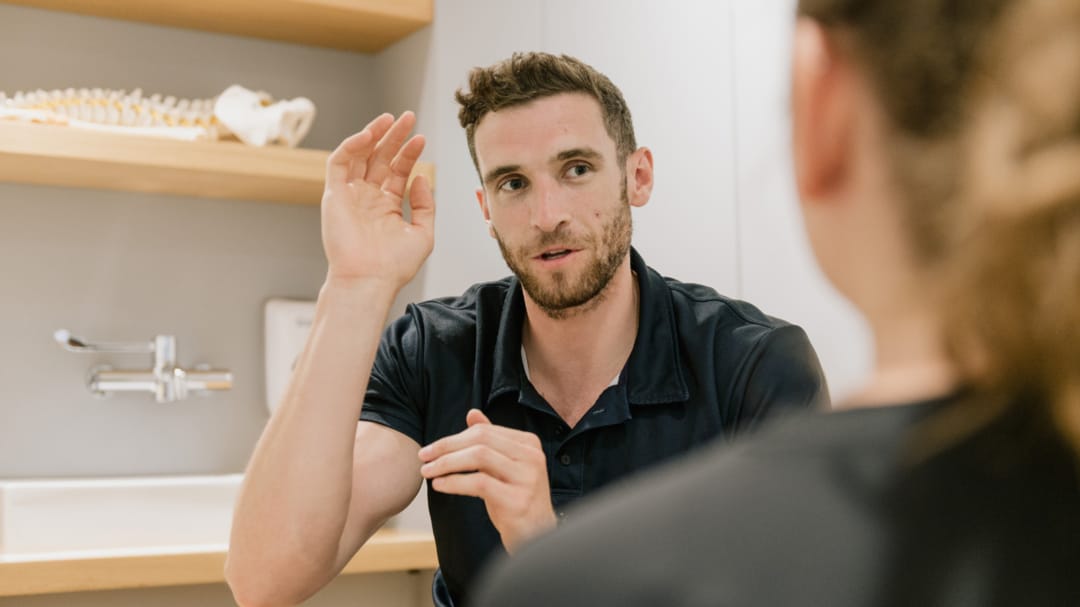

What is Exercise Physiology? What are the main goals of Exercise Physiology and what is the difference between Exercise Physiology and Physiotherapy? Our clinical team answer all these questions so you can make an informed decision about your health.
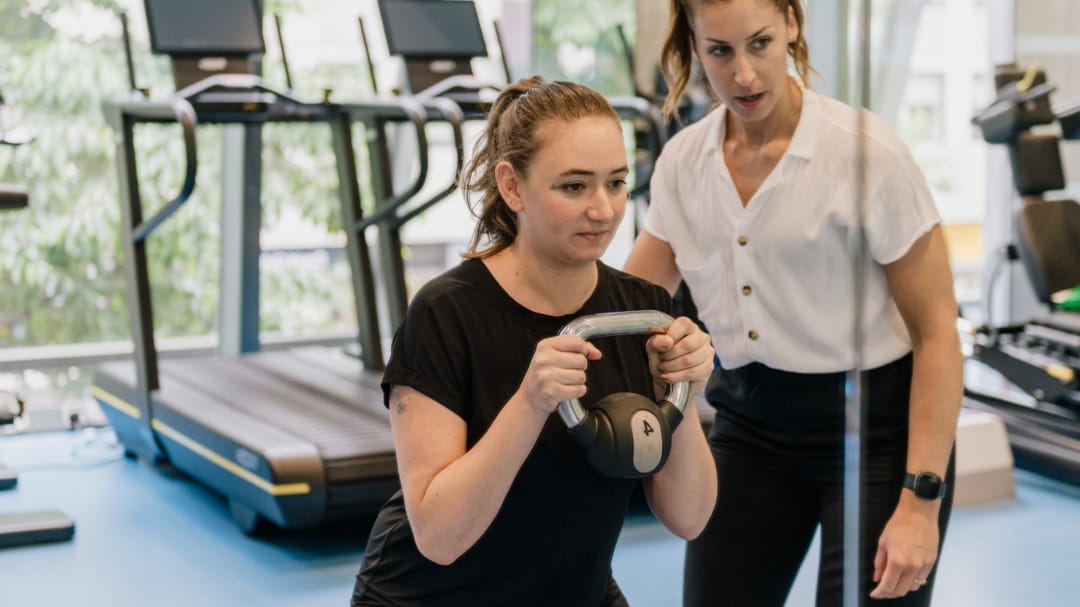

The fact of the matter is pain is a part of life; for some it is short lived, and for others pain becomes a full time experience. But that shouldn’t mean that exercise and looking after yourself in this way is off the table. Physiotherapist Jordan Smitham discusses.


We are always being told that exercise is good for us, but how important is it really?
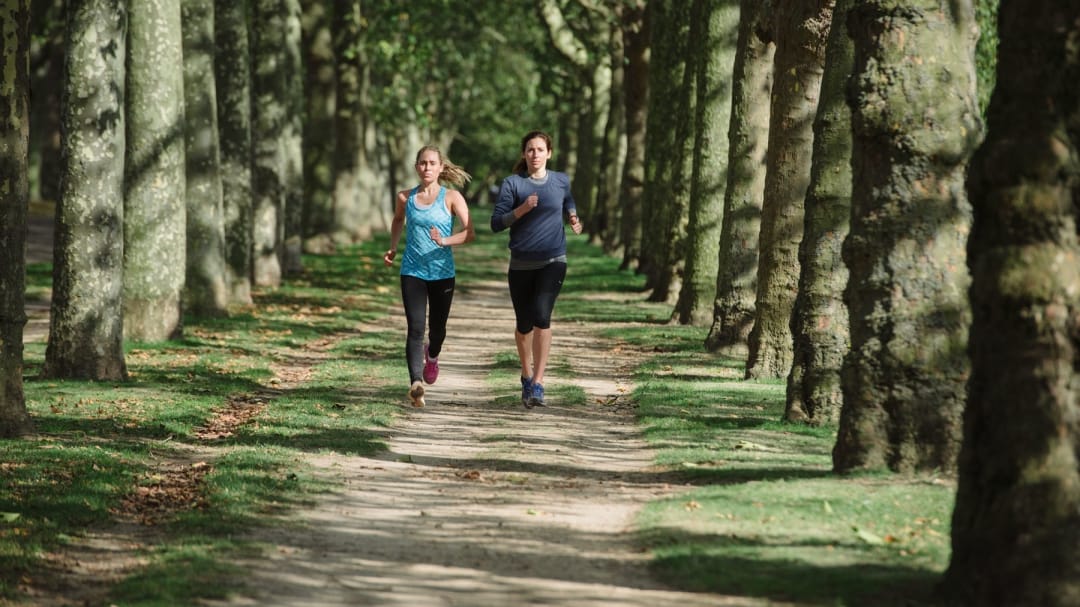

Dr Mike Burdon explains the importance of exercise to reduces our risk of heart disease, cancer, diabetes, stroke, depression, osteoporosis and much more.